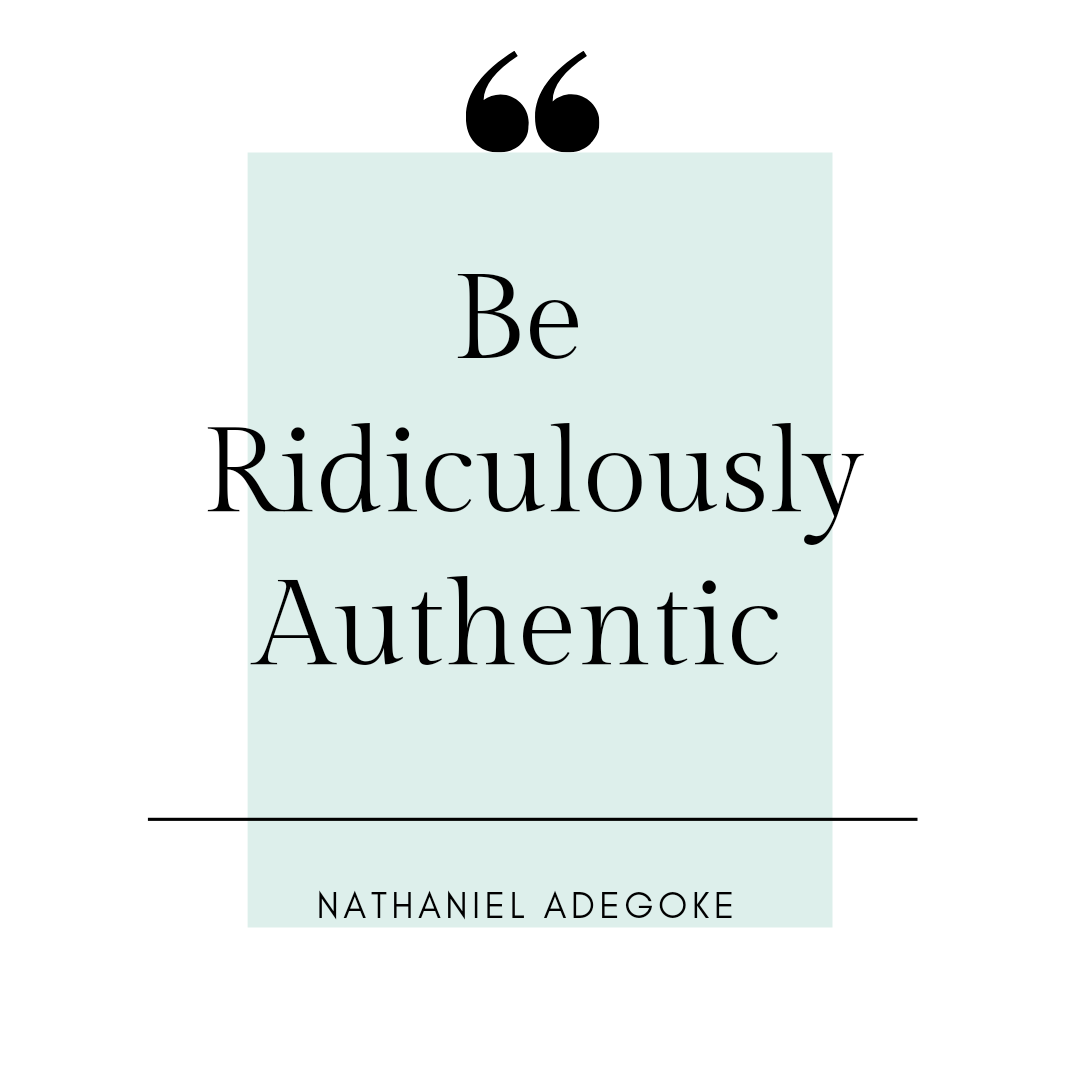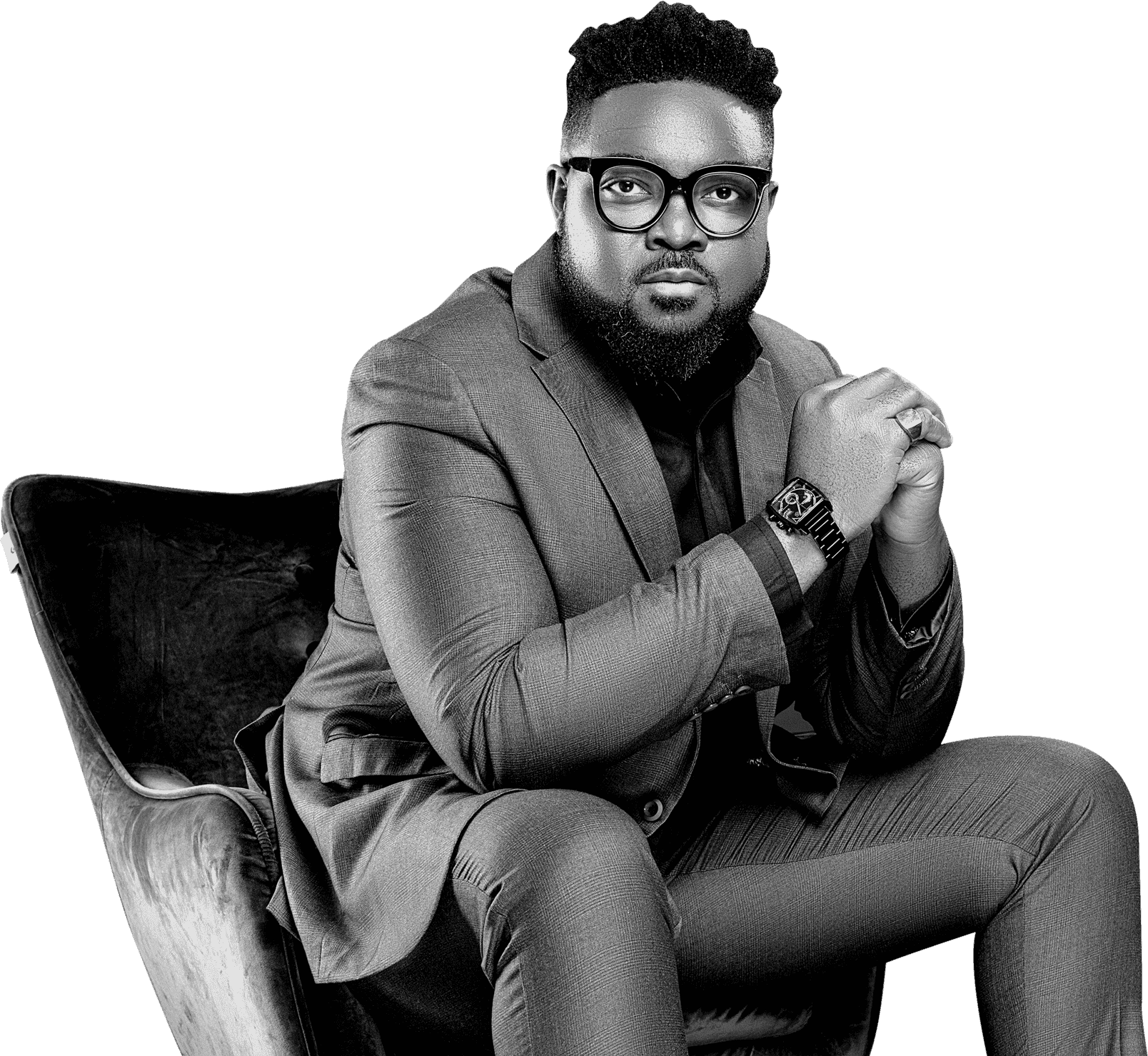Our history affects us in very deep and remarkable ways, whether personal or collective history. Very few people have mastered self or have enough awareness to slam the brakes when their past experiences negatively influence how they show up in relationships.
You don’t have to have healed completely from a trauma but recognising that you have a filter that impacts how you respond to situations and lenses that colour how you see life is a critical first step to breaking the cycle of bad choices.
We’re all evolving. It takes a lot longer for some than others. You can only know the aspects of someone they reveal to you. Sometimes you can know everything about someone and still not know who they truly are. Weird but true.
Yoruba people will say, “Inú jìn”. It’s hard to ever know more than a fraction of anyone or beyond what they show us. And even after they show us, comprehending the details and piecing it together is another hurdle because our own personal biases and judgments tend to colour the information we’ve received.
Yetunde Odedokun wrote, “I’m not sure there’s a solution to personal biases. They can reduce in their effect, but even that reduction, leads us towards another angle of bias. Knowing someone, really knowing someone, is tough. I’m just discovering this myself. I’m not even sure what saved version I’m showing you because it’s not every update of myself that I discover that I immediately ‘save’ to memory. It is only accepting that I myself I’m an absolute infinite being that is constantly evolving that can help me get comfortable with the fact that I will probably never truly know the person I’m laying down next to and I must always try, as much as I hate change and uncertainty, to make room for their discoveries, evolutions, saved versions and public versions of themself. This makes loving quite hard, and unwavering commitment even harder”.
I think the core of who we are never changes. The only thing that can change is our awareness of our core and our expressions of it, both largely driven by conditioning. The objective of intimacy is to get familiar with the core, not the expressions or conditionings. However most times, that objective is lost. Self awareness is a major enabler for staying with this objective I believe. When someone trusts you enough to reveal a core (that even they are not fully aware of) to you, you should take a photograph of that flash and trust it. It’s a truer reflection of who you’re dealing with – the good, the ugly and the downright grimy cores. Core components are things that inform values and principles, not the values or principles themselves. This is the reason why one blind man will see a rope-like elephant and another one will see a wall-like one. Core components is what I try to find in people. So that the expressions don’t distract me from who they are.
Now, the heart or core of a person is at different stages of evolution and is neither good nor bad and while we may not be able to articulate always, I believe we encounter it often. There’s just always too much noise to allow us hear the real person in conversions. For example, someone may be soft-hearted at their core, however that softness can show up in they being extremely empathetic and emotional or they being defensive and aloof. So we must learn how to discern the core because that’s the real person.
Also, we must learn never to repress how we feel about ourselves and others, what our heart wants and how we want to be treated. To those not meant for us, we’ll be too much or not enough. What we should be looking for are those who understand the language of our soul, whose core like actual magnets attract ours so that we don’t live the rest of lives explaining what we shouldn’t be.




